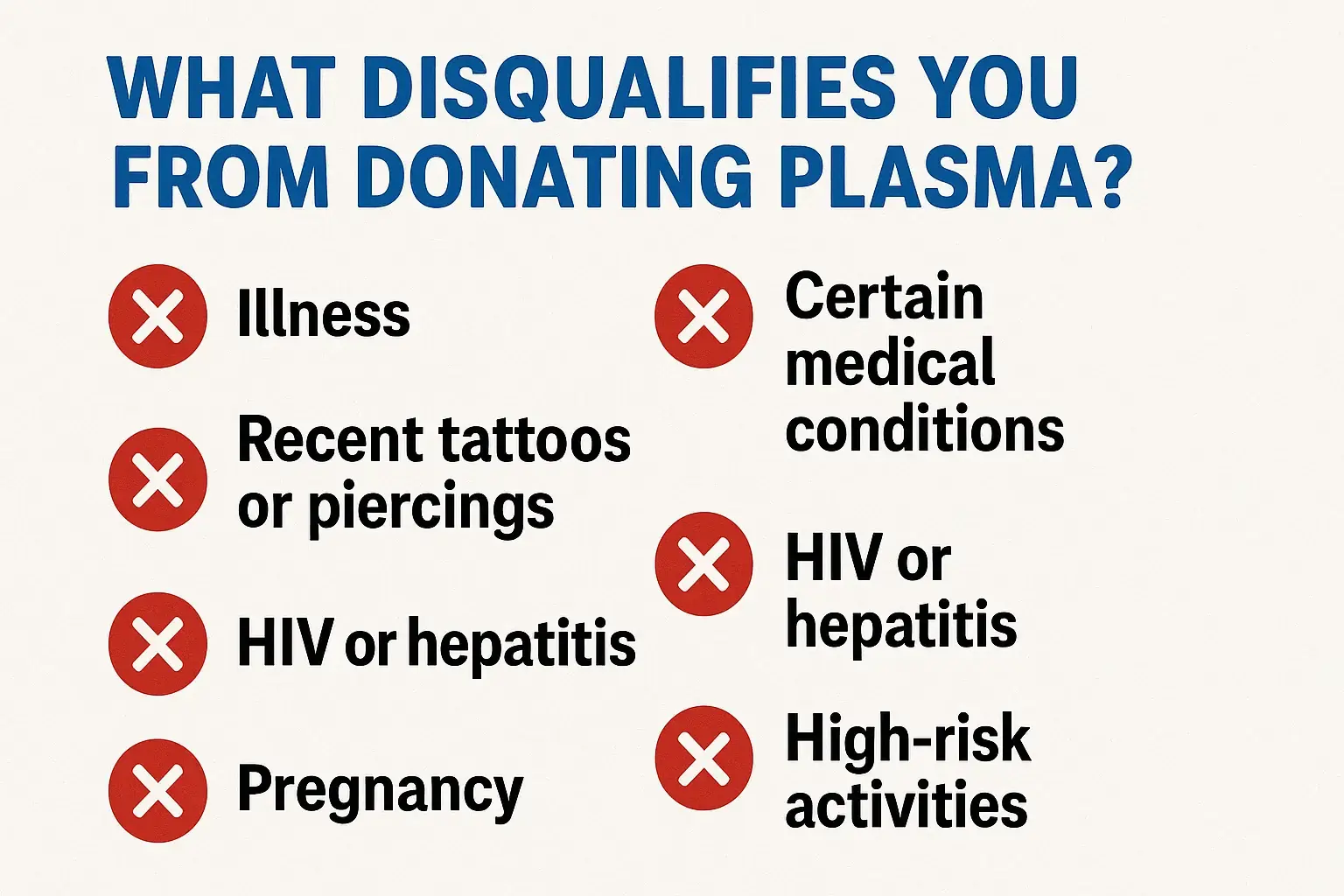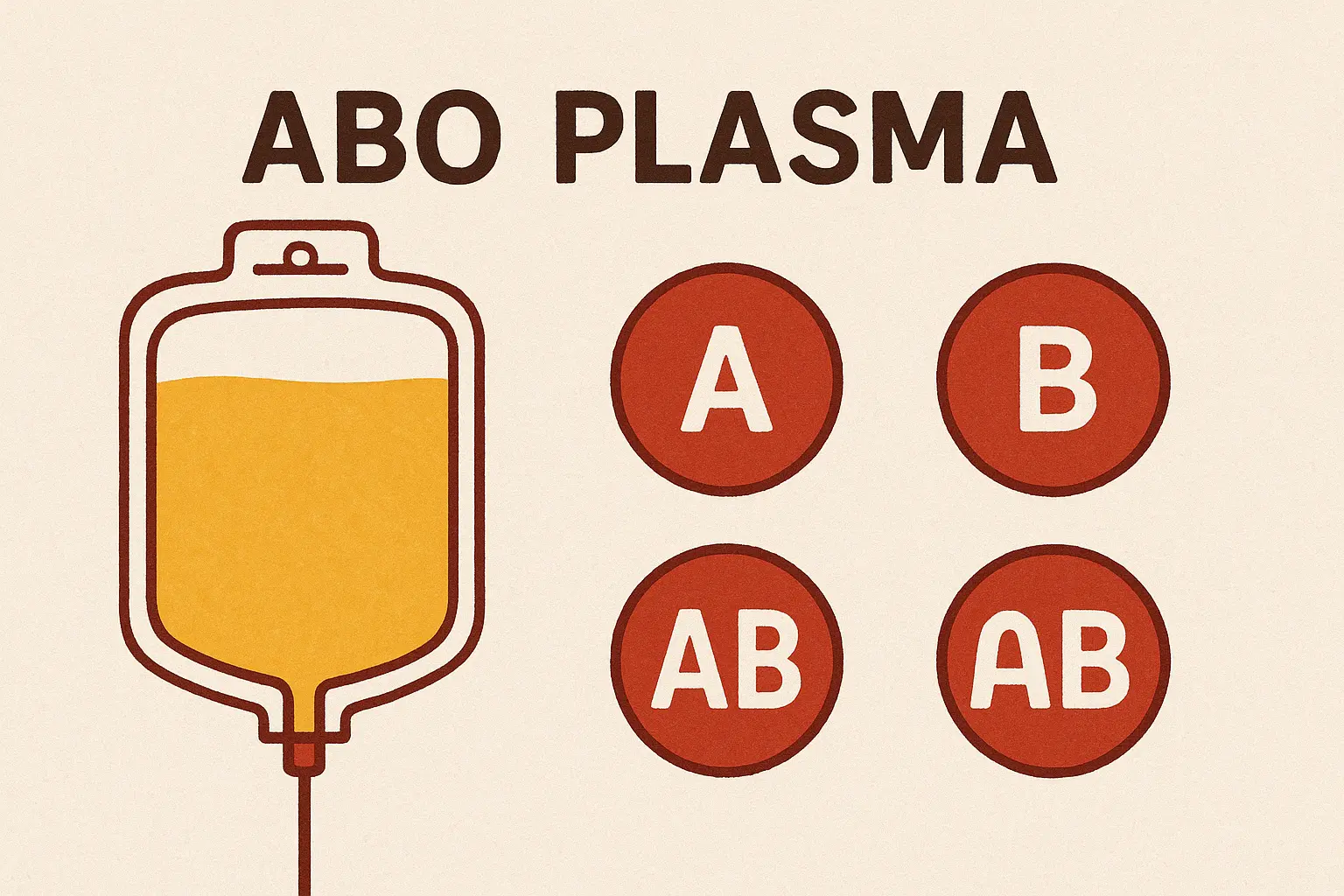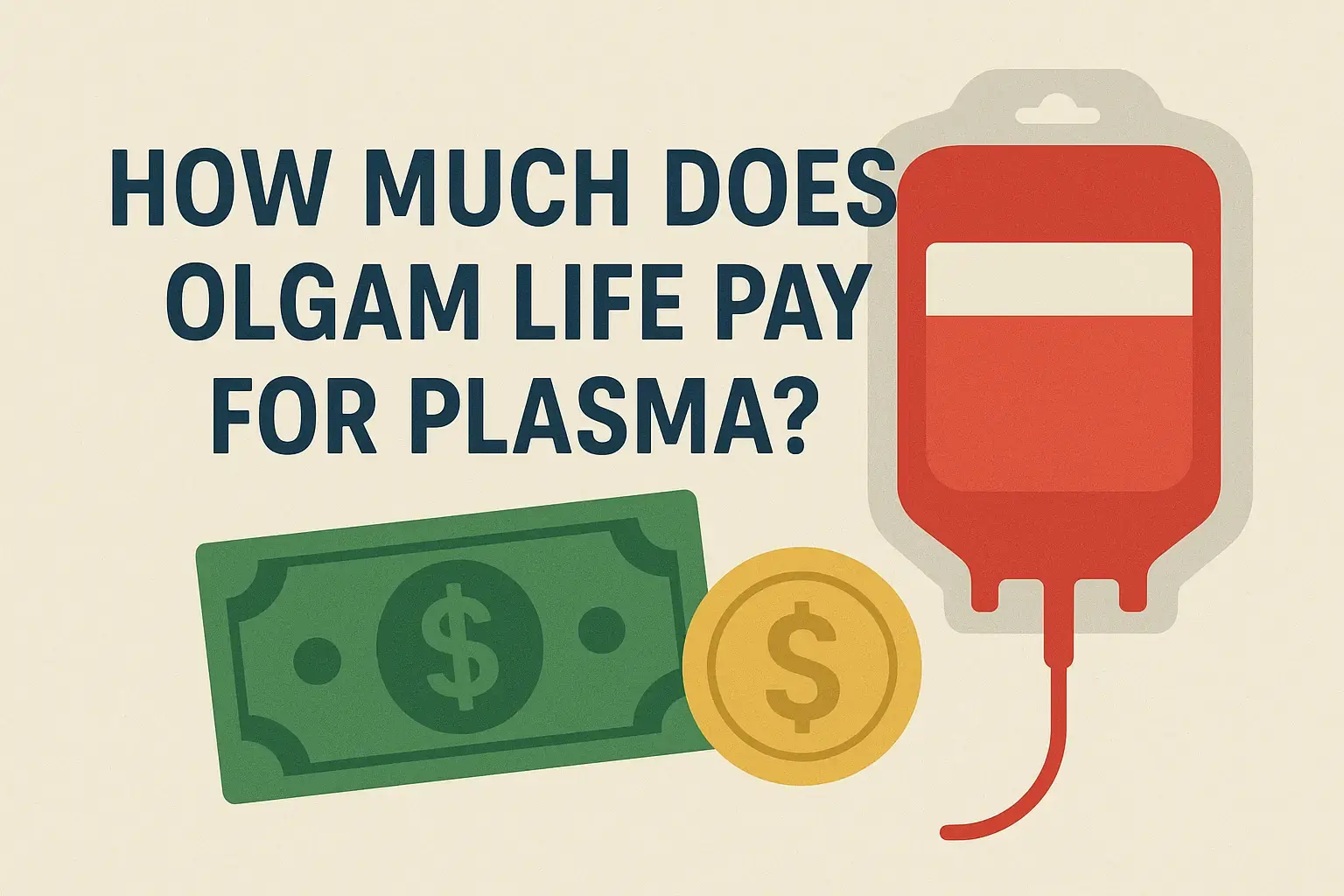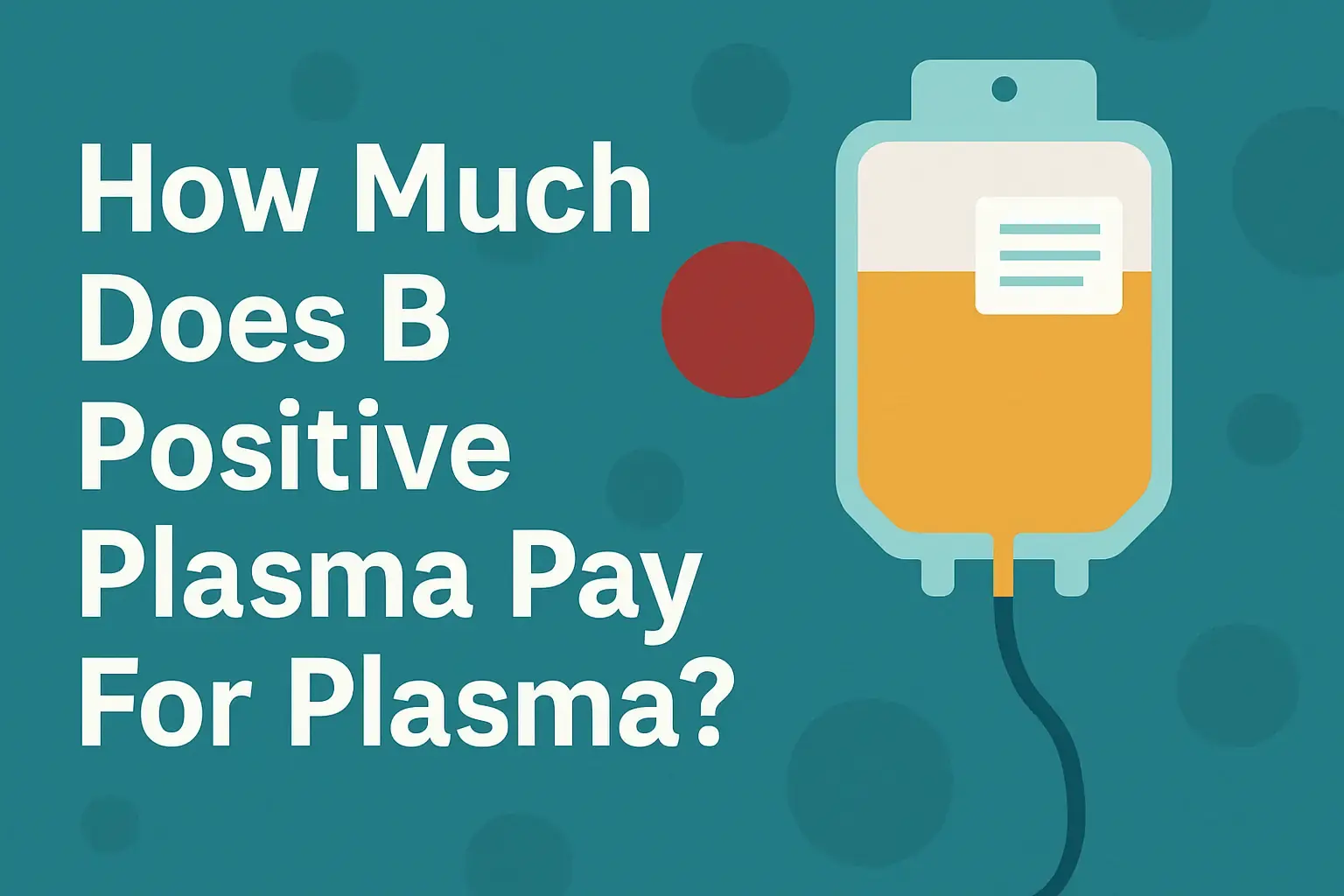Why You Shouldn't Donate Plasma: Essential Factors for Potential Donors

Table of Contents
Health Risks of Donating Plasma
Though generally safe, plasma donation does carry risks. Common side effects include fatigue, lightheadedness, nausea, and fainting—especially for first-time donors or those who are underweight. Over time, donors may develop collapsed veins, bruising, or long-term circulatory issues. Immune system suppression is also a concern due to loss of immunoglobulins, which can take weeks to recover fully.
Potential for Nutrient Deficiencies
Plasma contains proteins and micronutrients essential for body function. Regular donations can deplete:
- Protein: Important for muscle repair and immune health.
- Iron: Crucial for oxygen transport in blood; low iron can cause anemia.
- Vitamin B12 & Folate: Required for red blood cell formation.
Without proper diet or supplementation, frequent donors are at risk of chronic fatigue, dizziness, and weakened immunity.
Risk of Dehydration and Hypovolemia
Since plasma is mostly water, removing it can lead to a drop in blood volume—called hypovolemia. This can cause symptoms such as:
- Extreme thirst
- Rapid heartbeat or low blood pressure
- Dizziness upon standing (orthostatic hypotension)
Dehydration can be worsened if donors skip meals, consume caffeine, or engage in strenuous activity before donation.
Dangers of Frequent Donation
Federal guidelines allow two donations per week, but doing so continuously may strain your body. Risks include:
- Long-term vein damage and scar tissue
- Persistent fatigue and poor recovery
- Lowered hemoglobin or protein levels, resulting in temporary deferrals
High-frequency donation can be especially harmful for people with underlying health conditions or borderline nutritional status.
Impact on Blood Supply Quality
Donating too often can affect the composition of your blood. When red blood cells and platelets aren’t given time to recover, it can impact the quality of plasma-derived treatments. This may result in reduced effectiveness of transfusions or medications derived from your plasma.
Centers under pressure to meet quotas may compromise screening rigor, risking contamination or poor collection standards.
Economic and Ethical Considerations
While compensation helps attract donors, critics argue that paying for plasma exploits vulnerable populations. Those facing financial hardship may feel compelled to donate even when it’s not in their best health interest. This raises issues like:
- Coercion through economic need
- Health risks traded for short-term financial gain
- Disparities in donation frequency by income bracket
These concerns question the morality of profit-driven plasma collection industries.
Medical and Societal Implications
Heavy reliance on paid donors can affect society in subtle ways:
- Chronic health issues in frequent donors may burden the healthcare system
- Stigma or fear can discourage voluntary donations
- Supply chain disruptions if donors become disqualified due to declining health
Long-term, this could impact national plasma reserves and drive up treatment costs for patients dependent on plasma-derived therapies.
Effects on Personal Wellbeing
Beyond the physical toll, regular plasma donation may affect your mental and emotional wellbeing. Donors have reported:
- Increased anxiety before appointments
- Shame or guilt about relying on plasma for income
- Feeling pressured to donate when unwell
These factors can contribute to burnout and reduced quality of life, particularly among frequent, long-term donors.
Is Donating Plasma Worth It?
Donating plasma has real benefits—it saves lives, supports the medical system, and offers quick compensation. But it's not without drawbacks. If you’re considering it, evaluate:
- Your nutritional and physical health
- Your reasons for donating—are they financial, altruistic, or both?
- Your ability to recover between donations
In short, donation isn’t inherently bad—but frequent, long-term donation without proper education or support can negatively affect your health and wellbeing. Make your decision with full awareness.









